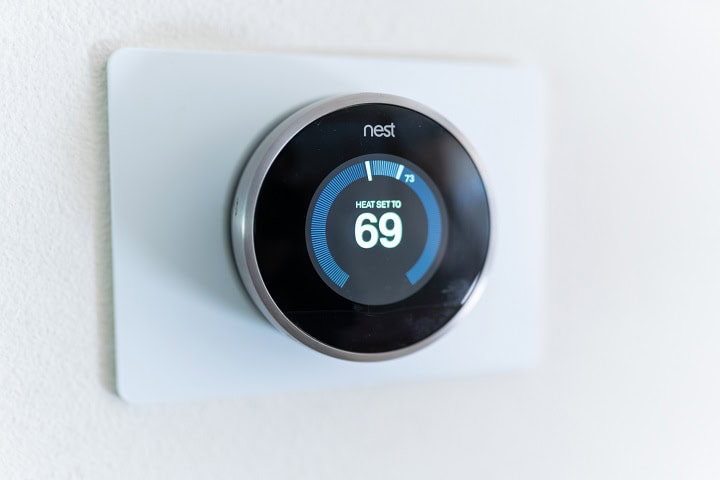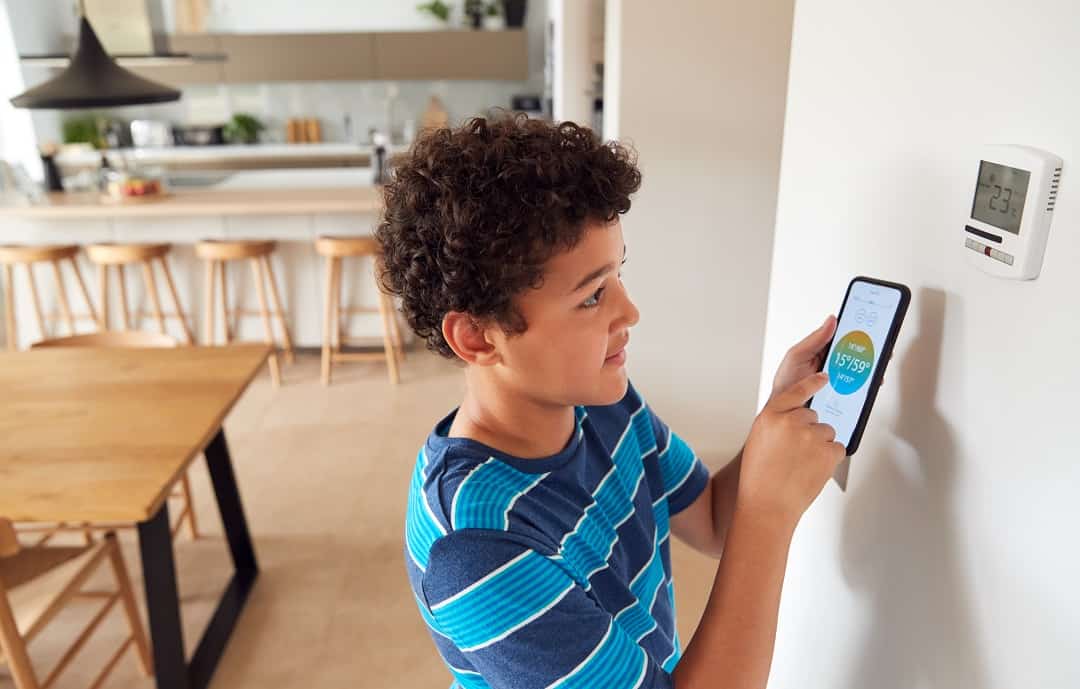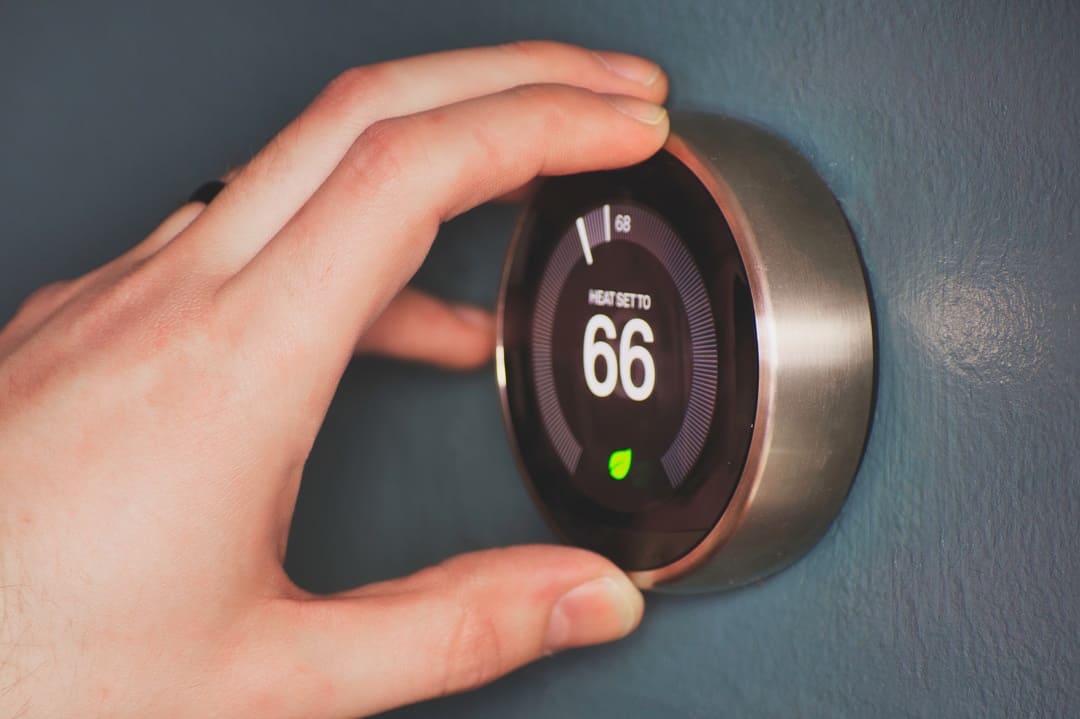Nest has announced changes to its support for some of its older smart thermostats. Fourteen years after the launch of the original Nest Learning Thermostat, the company has decided to end software updates for its first and second-generation models. The decision affects the Nest Learning Thermostat (1st generation, released in 2011), the Nest Learning Thermostat (2nd generation, released in 2012), and the Nest Learning Thermostat (2nd generation European version, released in 2014). This change will take effect on October 25, 2025.
After this date, these three older thermostat models will no longer get software updates. Remote control features, including the ability to manage the thermostat from a phone or with Google Assistant, will stop working. Connected features like Home/Away Assist will also not be available. Users will still be able to adjust the temperature, change modes, set schedules, and manage settings directly on the thermostat itself. Any schedules already set up will continue to function as usual on the device.
Nest explains that the early hardware in these older models makes it difficult to keep providing updates and support. The company says this move will let them focus more on developing new features and experiences for the latest models, such as the Nest Learning Thermostat (4th generation). Nest has stated that these changes only affect the three specific older models. All other Nest thermostats will continue to receive security updates and support.
To help users with the transition, Nest will contact eligible users by email to offer special savings on new thermostat models. This is meant to encourage existing customers with older devices to upgrade to the latest products. Later this year, Nest will offer the ability to create and adjust thermostat schedules through the Google Home app for the first time, which will be available on supported devices.
Nest is urging users of the affected models to review which thermostat they own and to look out for more information via email regarding upgrade offers. For more details about these changes or to learn about Nest’s latest thermostat models, check out Google’s full press release here.


